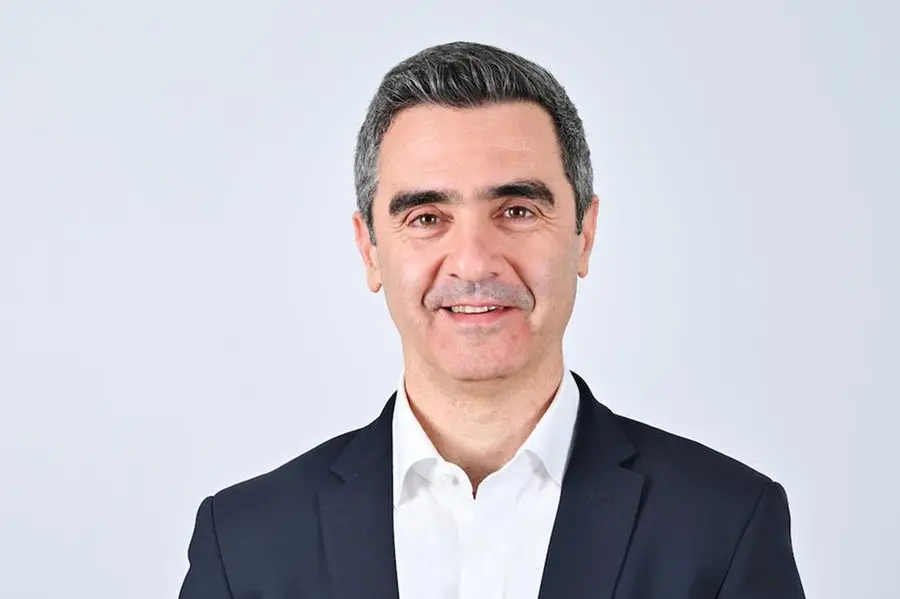PHOTO
- New report, surveying 30,000 people across 26 countries, including the UAE and Saudi Arabia, examines the long-term trends shaping the future of technology, culture, consumers, and brands on the pathway to 2035.
- 30% of UAE and 39% of KSA consumers strongly agree that by 2035 they’d like to have an AI clone of themselves to take care of shopping, admin, and communications tasks on their behalf.
- The coming decade will see the proliferation of ‘AI Gatekeepers’ that consumers will look to take charge for recurring purchases, vetting ads and promotions sent by businesses, and take part in focus groups on their behalf, so they can more easily make their preferences known to brands.
- Almost half of UAE and KSA consumers strongly believe that by 2035 they will need to shift some of their daily activities due to how the climate will change.
- Brands will need to become more perceptive in order to garner consumer attention in the AI-filtered and culturally reshaped reality on the horizon.
Dubai, United Arab Emirates - Dentsu today announced the release of the GCC edition of it’s landmark global study Consumer Vision 2035: The Era of the Insight-to-Foresight Pivot, which charts the long-term consumer trends that will shape the next decade. The research shows a growing comfort level among GCC consumers for an increasing number of administrative and shopping activities being managed by AI on their behalf.
While technology will cocoon consumers’ lives in years to come, nature will constrain them as societal conventions around growth and prosperity will be further unseated. This will create a landscape where assumptions that previously perpetuated culture and business are re-examined.
In response to these tensions, consumers will lean further into their emotions and passions when actively engaging with brands. Over a third of GCC consumers strongly agree that today a significant share of their shopping decisions are influenced by the mood they’re in at the time of purchase. The study also shows that most consumers wish they were more impulsive and actively seek experiences that elicit visceral emotions. Additionally, this increased expression of individuality is rooted in data protection and privacy concerns, with half of UAE and KSA consumers strongly affirming that they own the copyright to the personal data that brands, platforms and governments collect about them.
Each of the forces outlined in the research carries implications for brands, but across the entire study the ability to pivot from insight to foresight emerged as the critical quality needed to anticipate and deliver on predicted emotional states, a new requirement to thrive as a business by 2035.
On the launch of the report, Alex Jena, CSO, dentsu MENAT said: “The findings from the Consumer Vision 2035 study make it clear that we are stepping into a new era of transformation across technology, culture, and consumer behavior. What’s particularly exciting is how the Kingdom of Saudi Arabia and the UAE are emerging as leaders on the global stage, with consumers here more ready than ever to embrace the sweeping changes these technologies bring to everyday life. It's a proud moment to see the region leap frogging into the future.”
Tarek Daouk, CEO, dentsu MENAT added: “Business leaders and brand builders across the region need to start preparing for this evolving landscape today, harnessing both technology and creativity. These thought-provoking insights offer a roadmap for people-centered transformations that will shape long-term brand opportunities. Those who are bold enough to push the boundaries and innovate now will undoubtedly reap the biggest rewards over the next decade, especially here in the GCC where change is happening at an unprecedented pace.”
The dentsu study Consumer Vision 2035 is available here.




















